Interview with Sarah Russo, Founder of Page One Media | “The Science and Special Sauce”
on expert positioning campaigns, America's reading public, and Page One Media
This week I had the extraordinary luck of interviewing Sarah Russo, Founder of Page One Media, the brilliant firm and team behind Erica Berry’s Wolfish: Wolf, Self, and The Stories We Tell About Fear, which you will recognize from my admiration and praise of the campaign in the last newsletter. Sarah is someone whose knowledge and expertise rubbed off on me in just a few short emails, and she still has me thinking about how authors can reach their audience well after their books are considered “backlist” and the myriad of ways publicists really challenge the traditional publicity paradigm. In the case of Page One Media, you’ll find they excel at “Expert Positioning.” Read more about it through our conversation.
I also just love chatting with people who really are at the top of the publicity field.
Cassie Mannes Murray: Sarah, I am thrilled to chat with you after finding out that Page One Media is the team behind publicity for Erica Berry's Wolfish. Because that's a publicity campaign I deeply respect, hearing more about your work has me feeling a bit like a fangirl.
The goal of our Pine State newsletter is to always make book and literary publicity a little bit less opaque and a little bit more fun, and it's very clear to me that Page One is successful in both of those endeavors. Since publicists are often hidden figures behind the success of a book, I'd love to initially hear more about you and your work at Page One Media.
Sarah Russo: Hello, Cassie! Thanks so much for this question.
I founded Page One Media three years ago, after I left Oxford University Press where I was the global head of audience engagement. I led a big team of marketers, publicists, and communications professionals across twelve time zones from New York to Hong Kong. I think we did really exceptional work but as many in-house publicists and marketers can attest, we were the party of no, all day long, every day. It often didn’t matter if it was a good idea, it was usually going to be met with a no. I was really tired of telling authors no, so I started a company where we could be the party of yes!
We believe that collaboration with our authors and in-house colleagues is the best path to success and that has never been more true than during the Wolfish campaign. Our amazing colleagues at Flatiron, Erica and her brilliant agent and most especially our lead publicist on the campaign, Laura Di Giovine, made this campaign come alive and that partnership is everything. We love having a group of bookish, nerdy brains puzzling through the best ways to find the particular readers for a book and I think that’s what we do best. There is so much competition in the marketplace for readers. In 2022, only 27% of Americans reported reading more than ten books per year but most people read between one and five (we won’t mention that 17% who read no books, which I think is a gross underestimate because only about 80% of Americans can read at all and 54% have a literacy rate below the 6th grade level). So as publicists and marketers we have to recognize that the group of Americans who are reading are supersaturated with books (we publish about 360,000 annually in the US, that doesn’t include self-published books).
“So as publicists and marketers we have to recognize that the group of Americans who are reading are supersaturated with books (we publish about 360,000 annually in the US, that doesn’t include self-published books).”
We need to be really creative about reaching those readers where they are and I’m so fortunate to have a small team of publicists and marketers here at Page One Media who have put their trust in me and come to collaborate. Our favorite campaigns are the integrated ones, where we’re working across publicity and marketing. We help authors build their platforms and if they aren’t interested in any given part of that, social media for example, we find influencers who will allow us to be a part of their unique platforms. We make every effort to get to know those influencers in the same way that we know our media colleagues. We like to understand people’s reading preferences and we try to only send them those types of books. The same goes for the author-experts we work with. We want to be a great resource for the media and putting them in touch with experts who can help them report more effectively on the news is one of the things we love about our work.
CMM: Oh Sarah, this is brilliance encapsulated. I love the emphasis you're putting on collaboration across the board–authors, Page One colleagues, influencers, experts, and media resources. It feels like you're making a field of folks a true team (and my favorite--a bookish, nerdy brains team!).
I also really appreciate your candor on American reading statistics (have been thinking lately about these Tweet threads, shout out to Dr. Tressie McMillan Cottom) and the need to be both innovative and creative in how we’re reaching readers. I'm curious if you can talk through a few creative ways you've sought to reach readers (or work with media) on recent campaigns, or ways you've been able to be the "party of yes!" (LOVE THIS) for authors on outside the box collaboration and inventive thinking?
SR: Boy, that tweet is a can of worms right there. I appreciate what Tressie McMillan Cottom is saying (and thanks for introducing me to her, following now). You may not want to get into politics but I come from a university press (most recently) and I feel really strongly about what’s happening around teaching in America, reading, and publishers who are taking advantage of education and seeing it as nothing less than a giant bucket full of dollars (Pearson, lookin’ at you). In order to sell new curriculums every few years, and the books/trainings/materials that go along with those, they need to constantly prove that kids are failing to read (or do math) and change the curriculum so they can sell new/more/“better.” The problem is, we know how to teach reading and we have for a very long time. In combination with “No Child Left Behind,” came the tying together of standardized tests and school funding and teacher compensation. So the schools that performed poorly had their funding slashed, exactly what those underserved schools and communities needed the least. Two decades later, we’re in a very different place when it comes to literacy. You can blame your government, it behooves them to have an illiterate populace and volunteer to help a kid learn to read.
Okay, but on to your actual question. We work on literary fiction, we’re especially fans of fiction in translation, but the majority of our clients are nonfiction authors. Everyone from creative nonfiction writers like Erica Berry (who you were so kind to point out a few weeks ago) to lawyers, doctors, judges, deans, and professors; experts in a word. So many authors come to us after their book has been published and they’re disappointed by the reception to their book. It’s true, we can’t roll back the clock and get them book reviews, but we do find other ways to get their book and their expertise in front of readers and journalists. We call these expert positioning campaigns. It’s one way that we get nonfiction writers in front of large audiences. We also don’t let that piece of media stop there, we can help our clients grow and use their own channels to disseminate those media hits. We set goals with our clients for social media channel growth and then we create a strategy to meet those goals.
“So many authors come to us after their book has been published and they’re disappointed by the reception to their book. It’s true, we can’t roll back the clock and get them book reviews, but we do find other ways to get their book and their expertise in front of readers and journalists. We call these expert positioning campaigns. It’s one way that we get nonfiction writers in front of large audiences.”
One instance where we were able to be the party of yes, was when an author wanted to test running an ad for her book on Amazon. We were curious too, even though we knew she would never make her money back (because those sales go to her publisher and her slice of royalties would only be a sliver of each dollar she spent) but the idea was to see what we could do in the lead up to Dads and Grads season. So with a small budget, we carefully chose keywords for the campaign and ran the ad. We were able to adjust the spend on keywords that were performing better and tested running the ads on Kindles and on the Amazon site and we really learned a lot. For one, we were able to earn $1.45 in purchases for every dollar spent! And two, that the Kindle ads completely fell flat with not a single sale. We love when an author comes to us with an idea. We’re not going to say yes to something that we know can’t work or that would be a real waste of the author’s money (if money is involved like it was here), but if we think it has a chance of helping us find readers we’re usually willing to give it a try. Those Amazon ads aren’t the most creative example and I don’t endorse sending more money to Amazon if we can help it, but it is effective.
CMM: As a former high school English teacher married to a current computer science teacher–that first paragraph, woof. I could filibuster for weeks about "No Child Left Behind" and the frustrations of standardized tests (also, on writing! Though of course they go hand-in-hand, writing and reading), but that would derail us completely. Tressie has a great essay collection too, THICK, which I highly recommend.
I'm so interested in expert positioning and that you've found a way to alleviate some of the publishing cycle fervor for previously published books. I never liked the idea that a book is basically backlist a year after its publication date. Expert positioning feels like a perennial initiative that puts authors within the cultural conversations that their books discuss and in which they can prove expertise. I also wonder if your background in academic publishing makes you see the publishing landscape (as a whole) with a wider view since trade publishing sometimes feels narrow and opaque in scope.
Do you find that the expert positioning campaigns honor both the rising of an author's star (platform) and sell more books when people discover them through the opeds, interviews, blogs, and more? My agenting brain also wonders if you've seen an increase in second (and third, and fourth) books with expert positioning as authors find new platforms and angles through the positioning Page One has successfully garnered?
This is kind of an aside, but I wonder if by finding these doorways for an author to enter the cultural zeitgeist & conversation, it generates creative fodder for them to see other ideas they can tailor into longform projects.
A woman after my own heart with your endorsement of the trial method. I am constantly challenging and testing the boundaries of a system or trying to figure out the inner workings so I can use it to an author's benefit. It shows such a great deal of trust from both sides of the author and publicist relationship!
(I can totally see Kindle ads falling completely flat–they seem like thrown spaghetti and Amazon MUST (unfortunately) have all our interests and click information in order to target them better, but ALAS.)
I've asked you about four questions already in this one email, but I'd love to hear more about what you think makes an author a good candidate for an expert positioning campaign, and if, perhaps, an author isn't ready yet for that level of publicity, what they could start doing now to prepare themselves for those next, bigger steps?
SR: We’ll leave education for another conversation! It’s wide and deep and we could go on for days.
I think you really only asked one main question and I’ll try to pull the others into that one. Expert positioning is one way that we circumvent the really short “book news” cycle. If a book can really only be reviewed in the first several weeks after publishing (journals not included and pandemic timeline stretchiness aside), what is an author to do? And I’ve always refused to agree that a book’s publicity potential was over six weeks after pub so we started to strategize around how we could better support authors in the long term. The first authors came to us shortly after the pandemic began. That far too large group of people whose books were published in April, May, and June of 2020, and we refused to accept that all of the labor they had put into those books was going to be for nothing. It was too tragic to go into that good night.
We tried a number of different formats and timelines for those campaigns from six weeks to six months, opeds only to the whole kit and kaboodle (publicity, marketing, social media). We even did a few campaigns for journal articles that had a significant breaking news component. Suffice it to say, the longer campaigns worked better—it does take several weeks to really gain significant traction—and we could deliver more when we weren’t constrained to only doing one small piece of the puzzle (opeds or podcasts, for example). In the last two years, we’ve really honed expert campaigns into a very effective science combining high profile oped placement, amplification of those opeds through longer form conversations on the radio or cable TV, expert for comment work, relationship building within the media, and work expanding the author’s social reach or newsletter subscriptions.
We’re not going to turn an author into a Joanne Freeman or Nicole Hemmer or Skip Gates overnight, it takes time and consistency, but it is possible to significantly raise an author’s media profile based on their expertise. We also need authors who have the time and ability to write quickly and effectively in the oped format. That’s work that can be taught and we do support with edits, as well as monitoring the media for ideas, but the author does need to be willing to spend their time in that way and write quickly for us.
As far as the sales and book deal piece, the answer is both yes and no. A published oped in the New York Times won’t drive as many book sales as a review in the Wall Street Journal. That’s the simple truth. But consistent visibility in the media does help with landing the next book deal and can help with consistent sales of an author’s book over time. It also helps with the author’s SEO. All of those media hits need to be linked on the author’s website and those high quality links raise the author in google search. That means when someone is searching for a resource they will land on the author’s website, their book, find them as a speaker, etc. All things that do fuel book sales. I do think it also has the potential to lead an author to a subject they might not have otherwise thought would inspire them. Opeds also let authors explore ideas and see how people respond to them before committing to the book length project.
“A published oped in the New York Times won’t drive as many book sales as a review in the Wall Street Journal. That’s the simple truth. But consistent visibility in the media does help with landing the next book deal and can help with consistent sales of an author’s book over time. It also helps with the author’s SEO.”
We’ve only been doing this work for about three years now so I can’t say we’re seeing the impacts of third and fourth books yet, but we’re definitely seeing how it can impact the author’s next book.
CMM: This is a treasure trove of gifts in a response! It offers so many insights to authors at all points (and trajectories in their career)—I love that you even talk about search engine rankings in the quality of links on a website, it feels so generous from several angles.
I’m curious about the part where you say oped writing can be taught. Does Page One do a lot of media training as part of expert positioning? Also, this feels like a silly question (but I’m going to ask it anyway), is expert positioning mostly for nonfiction authors or have you seen it work for other genres as well, like your literary fiction clients? I imagine it’s harder to pinpoint a sort of “expert in …” with an author who doesn’t write (or expect to write) nonfiction. And if you want to share a tip or two about effective opeds, you’re more than welcome!
Also, I would love to point folks to someone who you’ve worked with on expert positioning, if you (and the author) are okay sharing.
You work on traditional book campaigns as well, and with publishers across titles, can you speak to anything you’ve learned working through “the science” of expert positioning that’s helped you see traditional book campaigns in a new way?
SR: We don’t do expert positioning for novelists. I could see us helping a fiction writer setup a podcast and support in that or in trying to expand their reach through essay placement and in how to place book reviews (although we don’t place reviews for clients—mostly because we think book editors would believe that’s a conflict of interest—we do often advise them on how and where to place book reviews). But we haven’t had anyone ask us to do this at this point.
We do very low level media training ourselves. The type of advice I think most publicists could give to their authors, but when we need the real deal we refer people to Amanda Hennessey at Boston Public Speaking. Amanda also has a wonderful and succinct book that everyone who speaks publicly, or wants to, can learn from.
For opeds, everyone on our little team has a lot of experience giving feedback and edits on opeds and we work closely with our authors to make sure we have the absolute best piece to pitch to editors. We don’t track our success rate (we really should) but I can say just from closely monitoring it that I’d estimate we succeeding in placing at least 90% of the opeds we pitch. Sometimes it takes some time to find the right home for a piece but it usually comes together.
I know that Lindsay Chervinsky wouldn’t mind if we talked about our work together so I’ll mention her here. We’re also in the process of building an “experts” page for our website so in the future it will hopefully be a resource for the media when they’re looking for someone to speak to a topic. We’ve been working with Lindsay for nearly three years now. She’s a historian of the early American republic, especially presidential and government history. The timing was really perfect, we started together as the 2020 presidential election was coming together. If ever there was a time for a presidential historian to step onto the stage it really was then. Lindsay had a lot to say about what was happening during that time. Not only opeds but Lindsay was also being featured as an expert and a resource by the media. So much has happened between 2020 and today and Lindsay has been right there in the mix of it all, providing historical context when we need it the most. In recent weeks, she’s been on Face the Nation, CNN (twice), and CBS News. I can’t say we started there, it’s taken quite a while to get to this level but persistence has been key, along with Lindsay’s hard work, hustle, and collaboration.
Cassie, thanks so much for your enthusiasm and appreciation of our work and for asking me to do this with you.
I think that last bit really is the science or the special sauce, if you will. Publicity isn’t guaranteed. All we can do is work our hardest to reach the right people, find readers (and producers and reporters) where they are and provide them with something interesting, valuable, and worth their time. If we can do that consistently and well, we build trust and ultimately, that’s what we need in order to get our authors noticed time and time again.
As always, the Pine State calendar of events lives here. Request books for review & interview & feature here, add yourself to our reviewer list here, and buy our books here! You can also contact us through our website, Pinestatepublicity.com.
ICYMI: This week listen to Emily Stoddard on Poetry Theater, John West on Minnesota Today, read this intimidatingly fascinating interview with Rosanna Oh in The Amsterdam Review, read Abigail Thomas in Literary Hub on her “Fuck this shit” tattoo, read this interview with KB Brookins in The Normal School.
And don’t miss two virtual events this week!
Self History as Community History with Gayle Brandeis and Leta McCollough Seletzky with Brown Bag Lit, Monday, May 8, noon ET
Eugenia Leigh and Tarfia Faizullah virtually with AAWW, Wednesday, May 10, 8PM ET





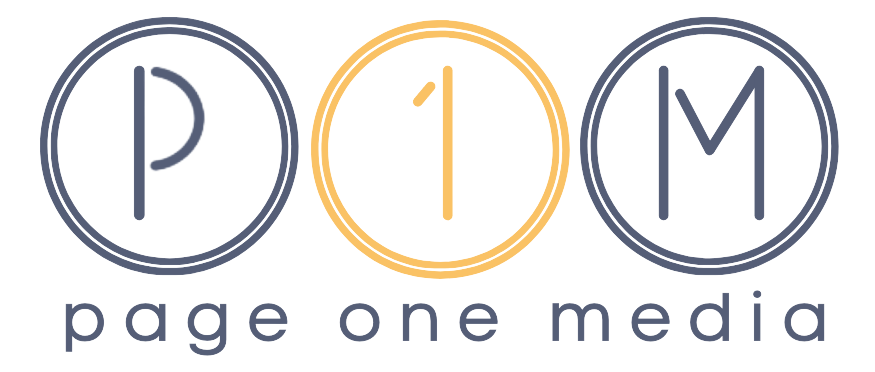
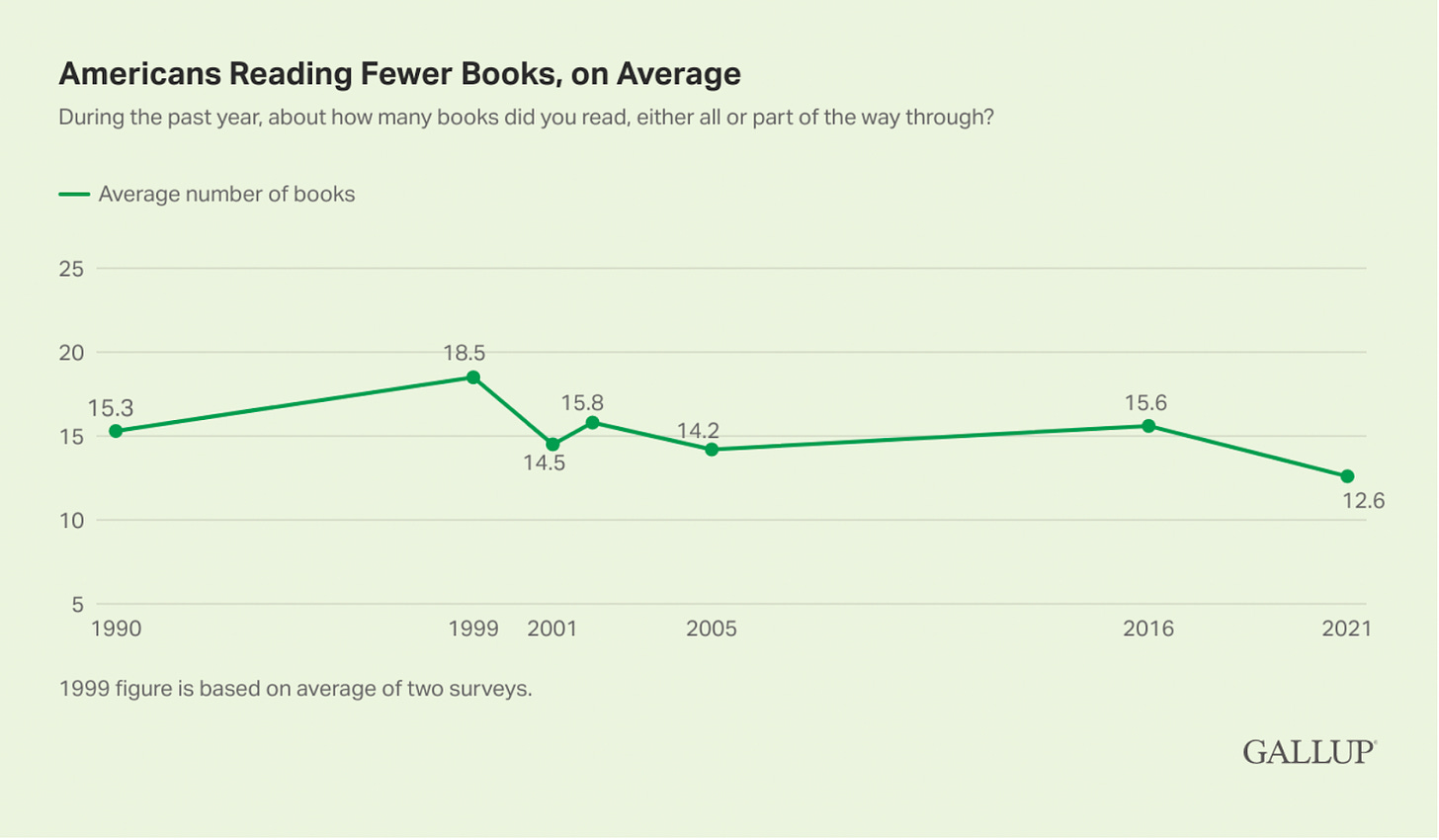
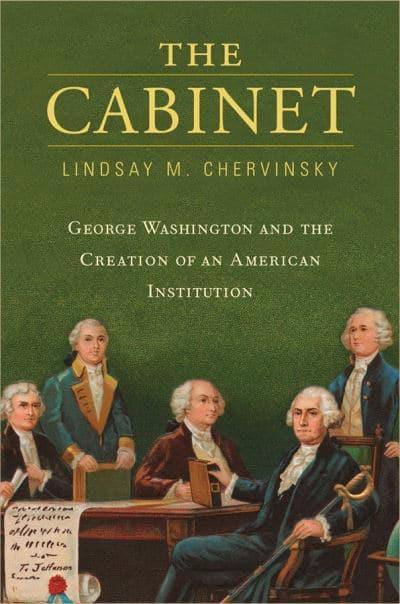
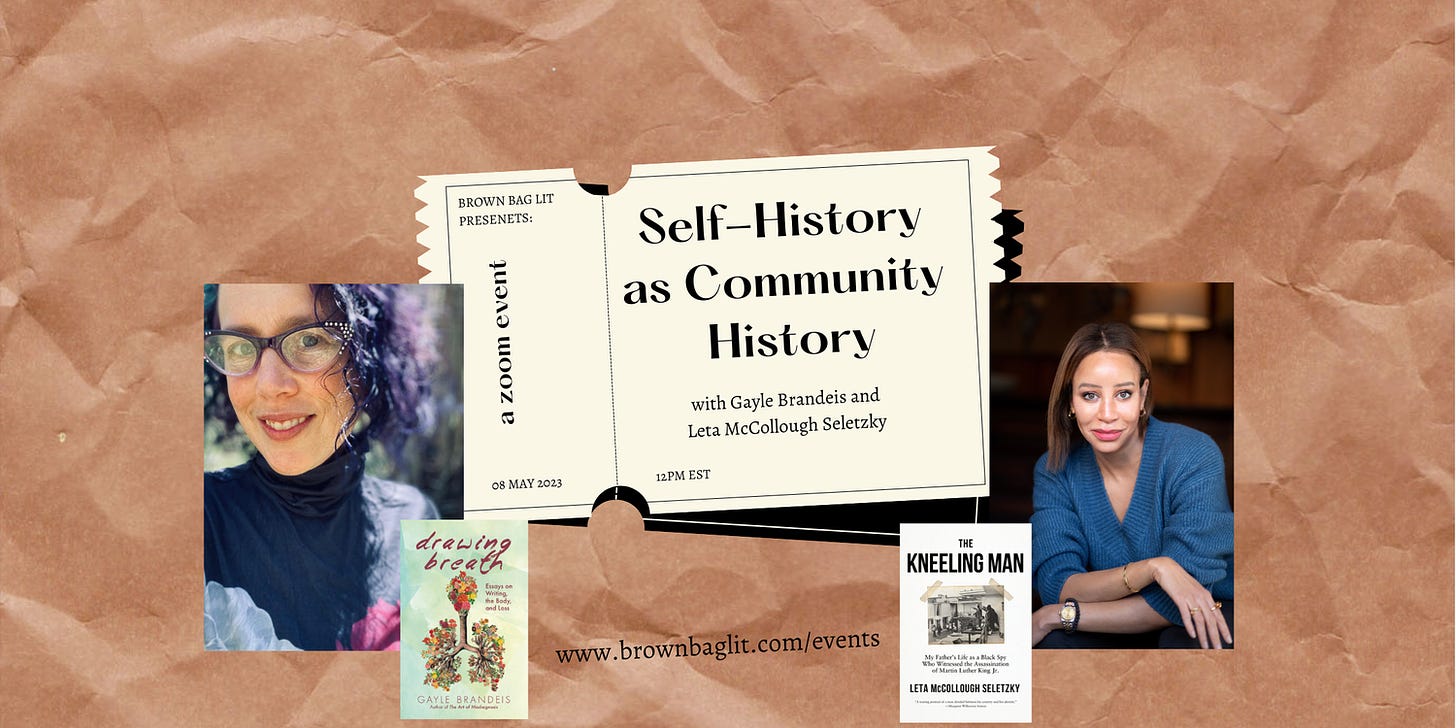
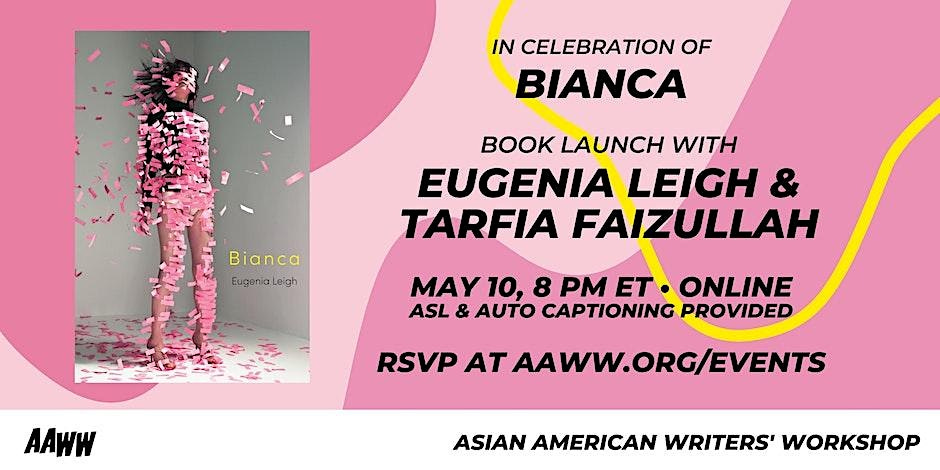
This was so interesting! Thank you!